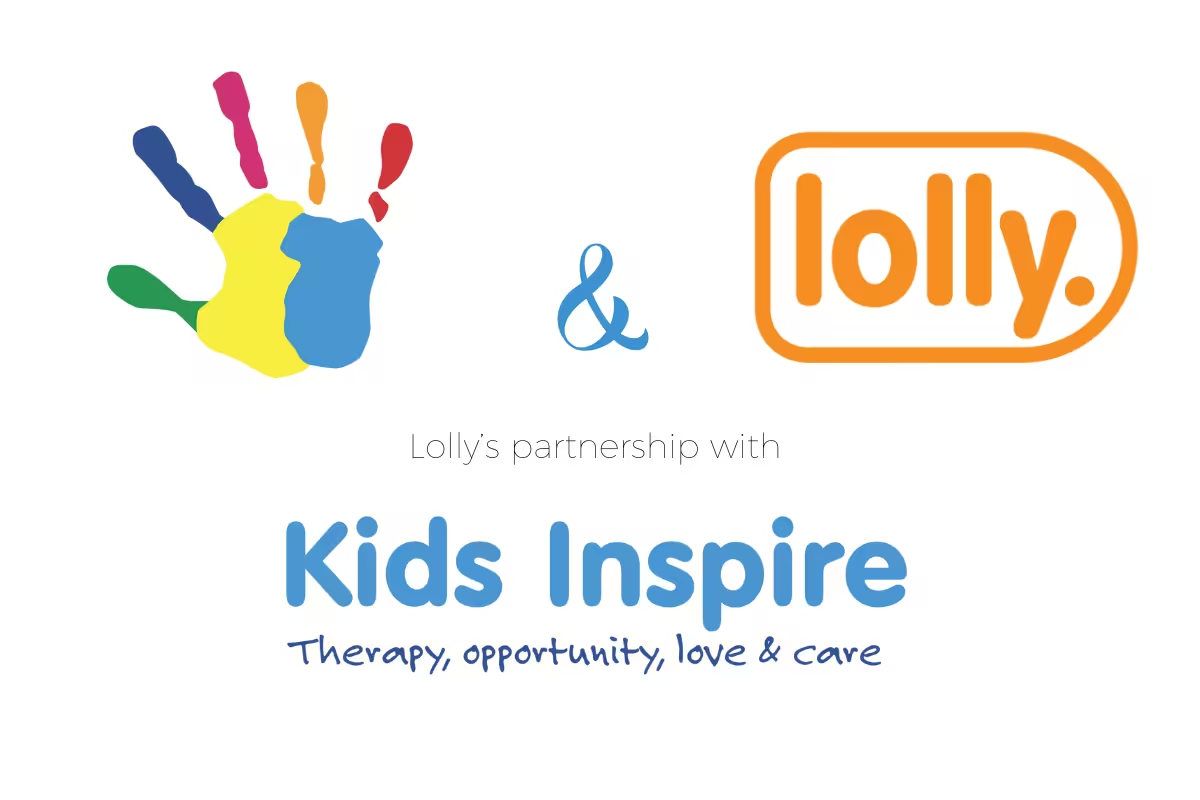Book a Demo
Please fill in the form, and we'll get back to you promptly with the information you need.
How AI Is Aiding Sustainable Practices In Further Education Hospitality
.webp)
How AI Is Aiding Sustainable Practices In Further Education Hospitality
Gero Turone, Director of Customer Experience at Lolly
AI is a powerful tool that aids in sustainable practices and goals across various sectors. Its capabilities in data processing, pattern recognition, and predictive analytics are being positively harnessed to drive sustainability initiatives.
AI in hospitality
Energy management and optimisation:
In the UK, hotels are using AI-driven energy management systems to optimise energy use. AI algorithms analyse data from sensors and historical usage patterns to automatically adjust lighting, heating, and cooling in real-time, reducing energy consumption without compromising guest comfort. This is particularly important for meeting the UK’s carbon reduction targets.
Predictive maintenance:
AI helps hospitality businesses implement predictive maintenance strategies by analysing the data from the equipment and appliances which are used. By predicting when equipment is likely to fail, AI reduces downtime, and the energy wastage associated with inefficient or malfunctioning equipment.
Personalised guest experiences:
AI-powered platforms in the UK are used to tailor guest experiences in an eco-friendly manner. For example, AI can recommend sustainable activities, local organic food options, or eco-friendly travel options based on guest preferences, thereby promoting sustainable practices.
Supply chain optimisation:
AI is helping the sector to manage its supply chains more sustainably. By analysing demand patterns, it can support optimising inventory levels, reducing waste, and ensuring that food and other resources are sourced responsibly. And it shouldn’t be overlooked that AI can assist in verifying the sustainability credentials of suppliers, to ensure their compliance with environmental standards.
Smart resource allocation:
Globally, AI is used to optimise resource allocation in hospitality operations. For instance, AI can dynamically adjust resource allocation, e.g., water and energy, based on occupancy rates and predicted demand.
Customer engagement and education:
AI chatbots and virtual assistants are increasingly used to engage customers in sustainable practices. Globally, hotels are deploying AI-driven systems to educate guests on the importance of sustainability, offering tips on energy and water conservation during their stay.
Carbon footprint analysis:
AI tools are used to calculate and track the carbon footprint of hospitality businesses. It can integrate data from various sources, such as energy use, travel, supply chain, etc., to provide a comprehensive overview of a hospitality provider's total carbon emissions, enabling more effective carbon reduction strategies.
AI in the further education sector
Energy-efficient campuses:
UK universities are leveraging AI to create energy-efficient campuses. AI systems monitor and manage energy use across large campuses, optimising heating, cooling, and lighting. These systems learn from usage patterns and external factors like weather to minimise energy consumption, aligning with the UK’s sustainability goals.
Curriculum development:
AI is helping UK educational institutions develop curricula, which integrates sustainability. By analysing job market trends and global sustainability challenges, AI can help design courses that equip students with the skills needed to address these issues, fostering a generation of sustainability-conscious professionals.
AI-powered learning platforms:
AI-powered learning platforms are promoting sustainability by reducing the need for physical materials. Online courses, virtual classrooms, and digital libraries are replacing traditional, resource-intensive methods of education, reducing paper usage and associated environmental impacts.
Challenges and opportunities
Scalability and implementation:
While AI offers significant opportunities for sustainability, the challenge lies in scaling these technologies across all levels of the hospitality and education sectors. This includes overcoming barriers such as cost, complexity, and the need for skilled personnel.
Ethical considerations:
The use of AI must be balanced with ethical considerations, including data privacy and the potential for bias in AI algorithms. Ensuring that AI systems are transparent, fair, and secure is essential for maintaining trust while advancing sustainability goals.
Innovation and collaboration:
There is a significant opportunity for innovation in AI-driven sustainability solutions. Collaboration between technology companies, educational institutions, and the hospitality industry is key to developing and implementing these solutions effectively.
AI: Driving meaningful change
AI is playing an increasingly vital role in advancing sustainability in the hospitality and further education sectors - globally. By optimising resource use, reducing waste, enhancing research, and promoting sustainable practices, AI is helping these sectors to meet their sustainability goals, while also preparing them for future challenges.
As AI technologies continue to evolve, their potential to drive meaningful change in sustainability will only grow, making them indispensable tools for a sustainable future.
Frequently Asked Questions
Related Posts
See all posts
Lolly And Lloyds To Launch Pay By Bank System At Open Banking Expo
Lolly, the UK-based hospitality technology specialist, has collaborated with Lloyds to develop an innovative Pay by Bank system, which will be showcased at the upcoming Open Banking Expo.

Together We Inspire- Lolly x Kids Inspire Partnership
We’re proud to announce our new charity partnership with Kids Inspire, a children's mental health charity offering free trauma support to families who otherwise couldn't afford it.

Natasha's Law, Hospitality Business & Kitchen Management
For food businesses across the UK, food labelling has always been an important part of maintaining trust and safety. But following a tragic incident in 2016, the conversation around allergens became much more urgent.
Subscribe to our Newsletter.
Subscribe to our newsletter to get a curated summary of our latest insights delivered to your inbox monthly. No sales pitches, no spam — ever.


